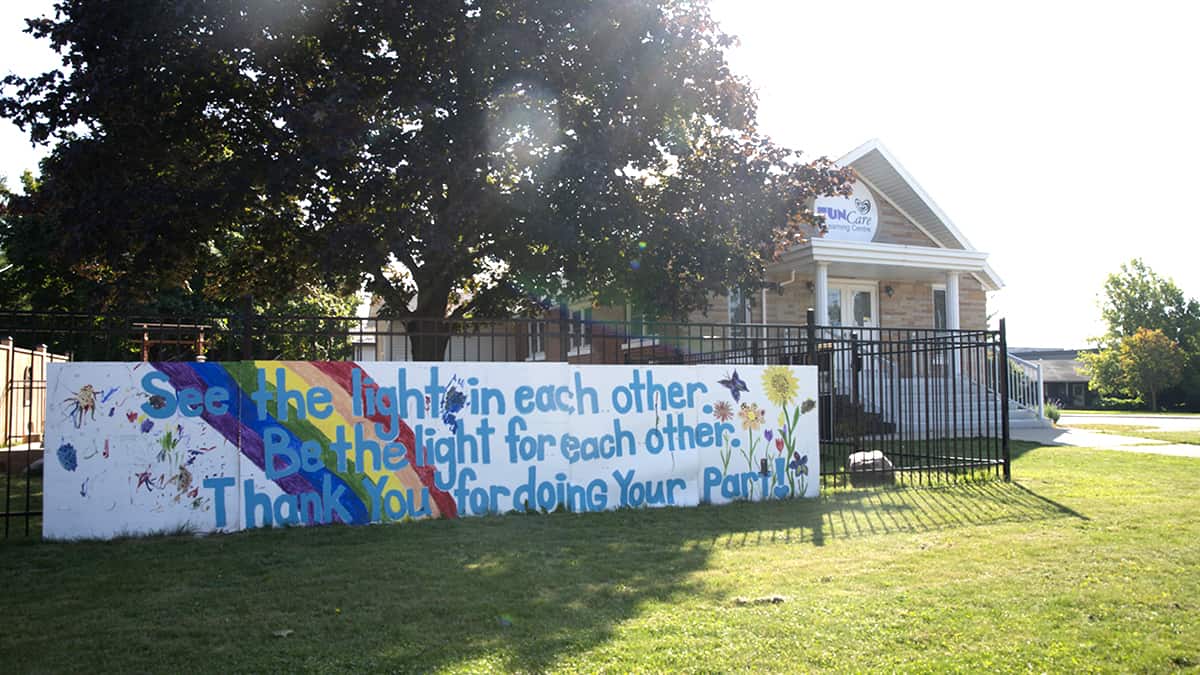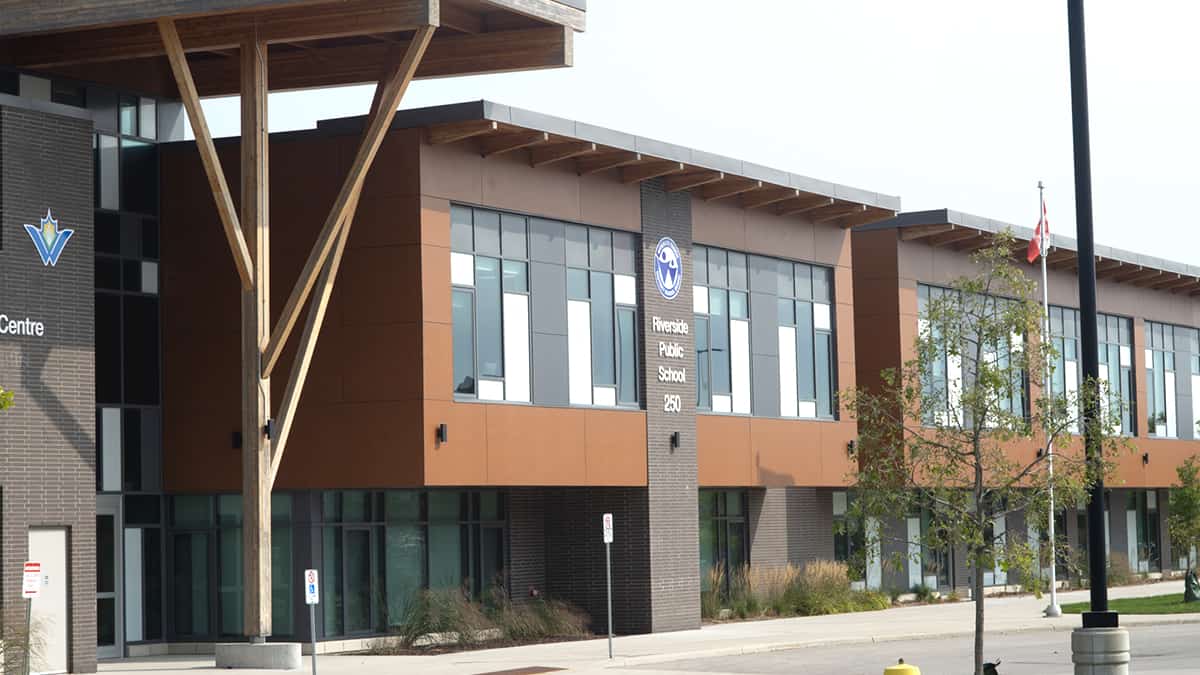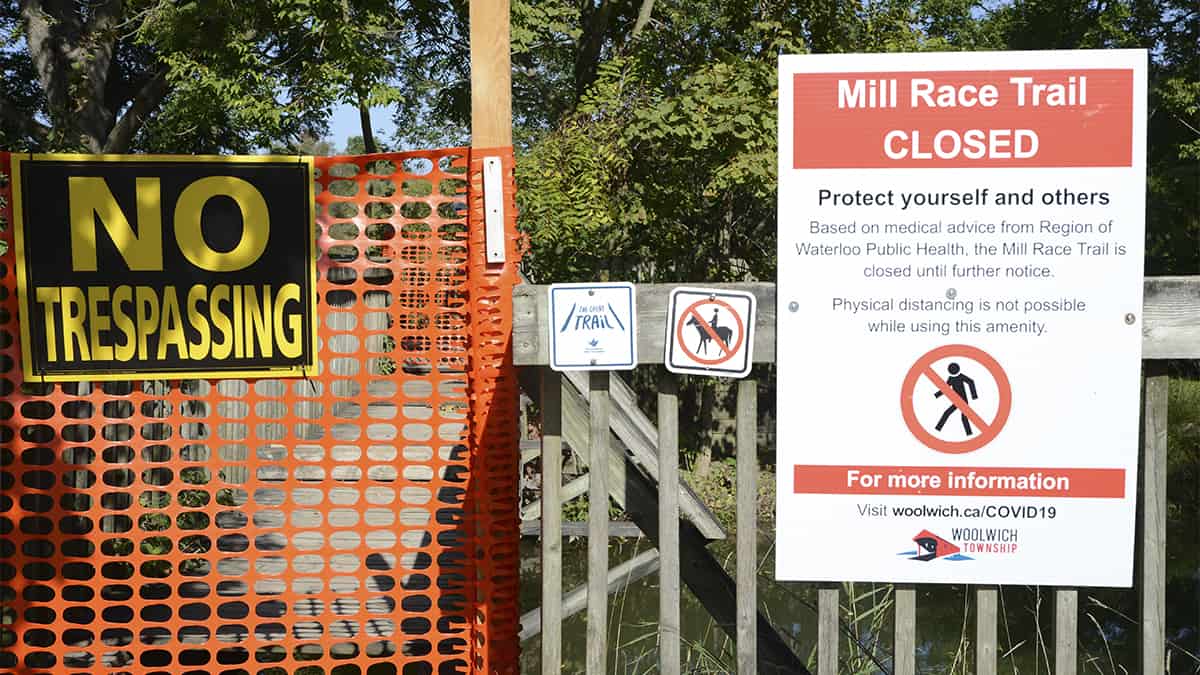The number of active COVID-19 cases having doubled, Waterloo Region has entered into a second wave of the pandemic, says the medical officer of health.
At midweek, there were 142 cases, up from 68 just a week earlier.
“We have started a new wave of COVID-19 in our community,” Dr. Hsiu-Li Wang said Tuesday in a video briefing.
The Public Health department is monitoring eight outbreaks in the region, including three long-term care and retirement homes. There is also an outbreak at the FunCare Learning Centre in Elmira, where there has been one positive case of the virus.

A staff member at Inspiring Minds early learning centre in Wellesley was added to the list Wednesday.
Also in Elmira, there has been a case of COVID-19 at Riverside Public School, where one student has tested positive, meaning it isn’t an outbreak under the provincial rules, the Waterloo Region District School Board reports.
The board said the identity of the student would not be released due to privacy legislation, but noted Public Health is following up with possible high-risk contacts and recommending those in the cohort determined to be high risk to self-isolate until October 2 if they are symptomatic.
Wang suggested the recent spike in cases may be the result of COVID fatigue, with people failing to adhere to proper protocols. She added attempt to find scapegoats for the rising number of cases is a waste of time.
“It’s not their choice to have it. And we should not be blaming or stigmatizing people who are actually infected. But from the infections that have occurred in the last weeks, when we’ve seen rising numbers, what we have noticed is that people have just not practiced the same precautions that they’ve been practicing before. And sometimes that’s due to confusion,” she said, attributing some of that confusion to the issue of social bubbles.
“They hear us talk about social bubbles of 10. But then they hear the limits outside are 50 or 100,” Wang explained of the various numbers.
Over the weekend, Ontario Premier Doug Ford announced a decrease in the size of social gatherings to 10, with fines reaching $10,000 for those hosting private events such as parties and fines of $750 for those that attend. The Region of Waterloo last week passed its own bylaw to strengthen enforcement.
The bylaw comes in time to deter students from attending the University of Waterloo and Wilfrid Laurier’s homecoming street parties, said Waterloo Regional Police Chief Bryan Larkin.
“Traditionally, the celebration and the return of postsecondary students to our communities is one that is met with tremendous change in our community. There’s a sense of vibrancy, there’s a sense of excitement. Obviously, it drives a significant amount of our economy. But one of the challenges we also face is the congregation of people who are enjoying or celebrating, particularly around homecoming. And although this year we continue to work with all post-secondary institutions, both universities and our local college. We’ve been actively preparing for this weekend,” he said of enforcement efforts.
Public Health, Waterloo Regional Police Services and regional staff are all requesting students to avoid any forms of unlawful celebrations and insist they celebrate in virtual homecoming events instead.
In Wellington-Dufferin-Guelph county, numbers have also drastically increased, and there are now 50 active cases in the community, putting the total since the pandemic began at 622.
In Ontario, the number of new cases have reached levels not seen since early May – there were 478 additional positive tests reported Tuesday, for instance, with the total number reaching 47,752. There have been 2,832 deaths attributed to the virus – 12 additional fatalities in a week – representing a mortality rate of 5.9 per cent. The ministry reports 41,342 cases (86.6 per cent) have been resolved.
The latest numbers from Health Canada show 146,663 confirmed cases of COVID-19 nationwide, a spike of almost 8,000, with 9,234 related deaths, a mortality rate of 6.3 per cent.









